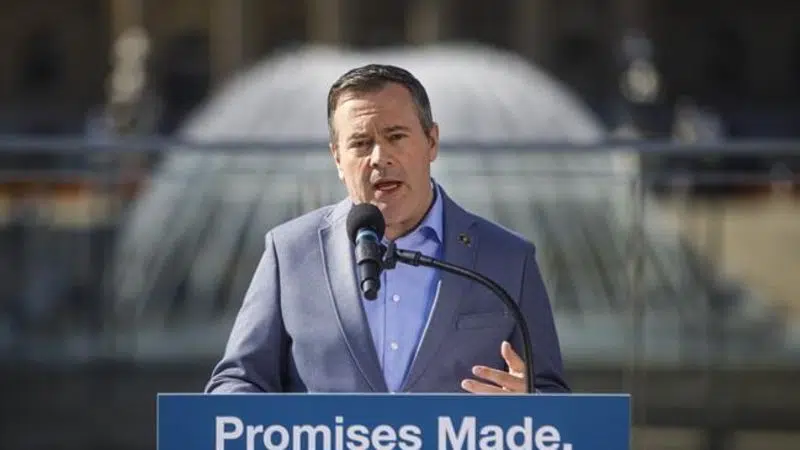
Alberta inquiry into oil and gas foes could face legal challenge from Ecojustice
CALGARY — An environmental law group is threatening legal action if the Alberta government’s inquiry into foreign funding of oil and gas industry foes continues as is.
Vancouver-based Ecojustice has given inquiry commissioner Steve Allan 30 days to respond to a letter detailing its concerns and proposing ways to address some of them.
“It is Ecojustice’s submission that the inquiry is ill-conceived, promulgated for purely political purposes and does not meet the test of expediency or being in the public interest,” lawyers Barry Robinson and Kurt Stilwell write in the letter dated Tuesday.
The $2.5-million inquiry in its current form is “unlawful and potentially unconstitutional,” they argue.
